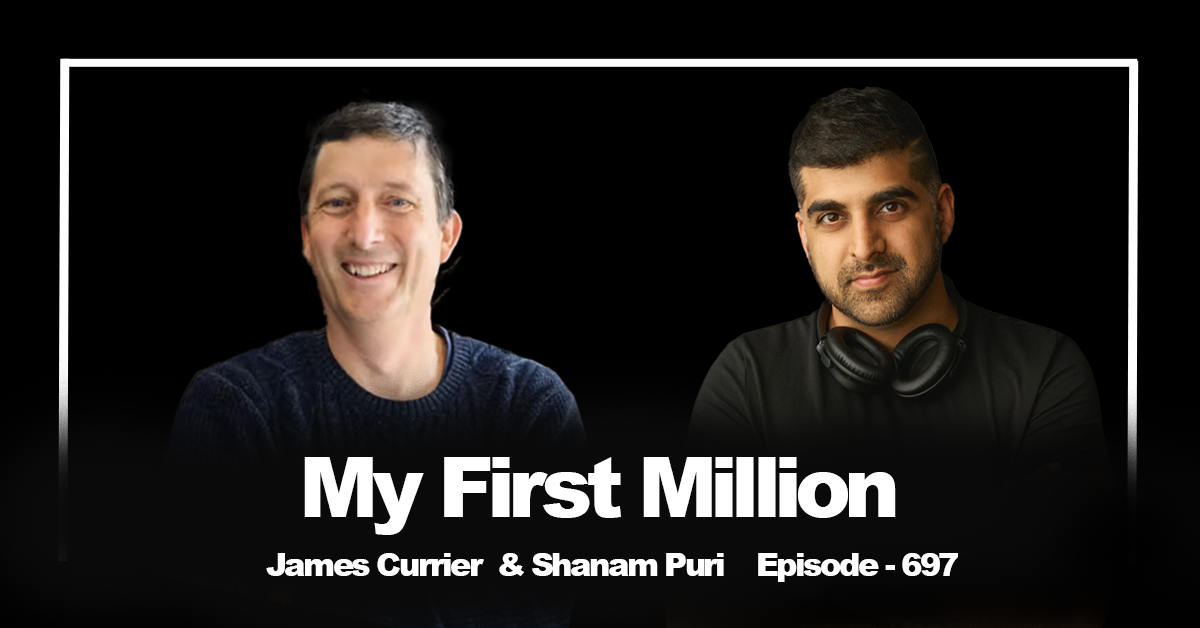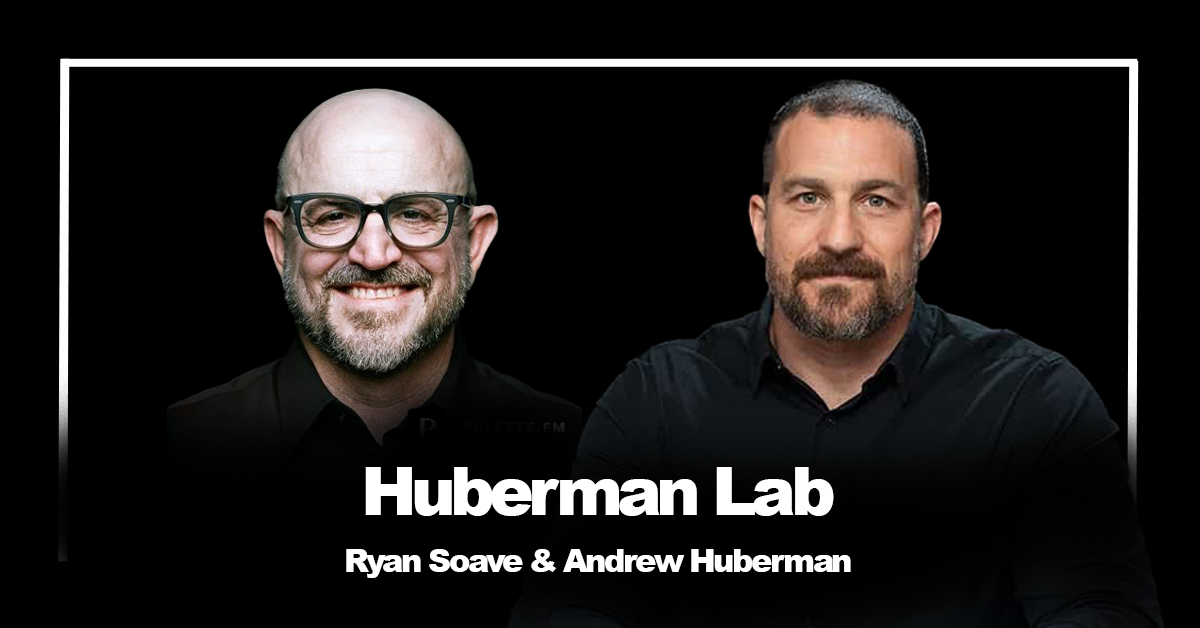This week, Shaan got to chat with Imad Akhund, the founder and CEO of Mercury, the fintech unicorn providing banking services specifically for startups. Fresh off announcing Mercury’s staggering $3.5 billion Series C valuation, Imad dove into the journey, the surprising lack of change when hitting “unicorn” status, and perhaps more intriguingly, shared his current obsessions and investment theses outside of fintech.
Get ready for insights on the future of space tech, defense startups, the power of asymmetric bets, vetting ideas, and why sometimes, ignoring the rules is the only way to win.
Here are the detailed key insights and takeaways:
1. Hitting Unicorn Status ($1.6B+) – The Anticlimax
- The Build-Up: Imad worked towards the goal of building a unicorn company for 15 years since starting as an entrepreneur in 2006.
- The Moment: Raising their Series B at a $1.6B valuation in 2021 felt… surprisingly anticlimactic. “Nothing changes.”
- The Symbol: The only tangible difference? A football helmet sent by investor Joe Montana (yes, that Joe Montana) inscribed “Billion Dollar Club.” It serves as a reminder that objectives themselves don’t always bring the expected fulfillment; the journey matters more.
2. Trend #1: Space Tech – The New Frontier (Finally)
- Why Now? Imad, a self-proclaimed Sci-Fi nerd, sees space tech finally hitting an inflection point due to key enablement factors:
- Repeatable Launch: SpaceX’s reusable rockets drastically lower launch costs (8 flights in one week recently!).
- Microsatellites: Building and launching capable satellites no longer costs millions; think $100k for a computer in space. Low Earth Orbit (LEO) picture resolution is down to 10cm.
- Opportunity: Despite the excitement around AI, Imad believes space is still “super open” with fewer competitors tackling big ideas.
- Nuclear Power on the Moon?: A “crazy idea” Imad finds cool – potentially mining water on the moon and using nuclear power to split it into hydrogen (rocket fuel) and breathable oxygen, making space more self-sufficient.
- Investment: Imad has invested in companies like Albedo (high-resolution LEO satellite imagery).
3. Trend #2: Defense Tech – A Changing World Order
- Geopolitical Shift: Moving into a multi-polar world (US, China, India, Europe rearming) means defense spending is increasing globally. America is no longer the sole “policeman.”
- Autonomous Advantage: Autonomous vehicles (drones, subs, tanks) are changing warfare, favoring defense and creating opportunities for startups to compete with incumbents. Ukraine/Russia war highlights trench warfare’s return, driven partly by drone capabilities.
- Defensive Focus: Imad sees potential in building defensive autonomous systems (e.g., automated trench builders, safer mines, space warfare defense like stealth satellites or countermeasures).
- The Counterintuitive: While seemingly niche, these areas represent huge, often government-backed, markets.
4. Trend #3: AI Agents & Intelligence as a Service
- Beyond Chatbots: While consumer AI is exploding, Imad is focused on practical business applications.
- Top-Down & Bottom-Up: Identifies opportunities by looking at high-labor-cost knowledge work (lawyers, doctors, accountants) and asking “How can AI help?” and by exploring personal interests and frustrations.
- Niche Focus: Believes the biggest initial wins for AI agents will be in highly specific, niche areas rather than trying to solve everything at once (e.g., AI SAT tutor, AI bar exam prep).
- The “Digital Twin” CEO: A fun thought experiment – an AI twin of Imad that absorbs all company knowledge (Slack, docs, contracts, CRM) and can answer questions or even act as a coach/advisor. The potential to scale knowledge and expertise within organizations is massive.
5. The Mercury Origin Story & Lessons Learned:
- Founder Pain Point: Imad disliked traditional banking experiences, especially as a startup founder. Long waits, clunky software, needing physical presence, wiring money being difficult – it wasn’t built for speed.
- Building for Himself: He built Mercury to be the bank he wished he had – fast, digital-first, intuitive, focused on the needs of startups. Pace is a startup’s key advantage.
- Early Traction: Talked to 100 potential customers; only 2 were enthusiastic (“Oh yeah, I would [ __ ] use this”). That 2% signal in a large enough market was enough to power through the initial “lukewarm” reception.
- Product-Led Trust (SVB Crisis): During the Silicon Valley Bank collapse, instead of just issuing statements, Mercury quickly built “Mercury Vault,” a product visualizing where customer funds were held (partner banks, T-Bills) and increasing FDIC insurance coverage (from $1M to $5M via partner network). Using product to build trust in a crisis was powerful.
6. Imad’s Philosophy: Going All In & Breaking Rules
- Asymmetric Bets: Views entrepreneurship as an asymmetric bet – the downside might be losing time/salary, but the upside (building something impactful, financial freedom, autonomy) is potentially life-changing. Calculated the downside risk early on (£40k/year salary) and found it acceptable.
- Go All In: Believes half-measures don’t work. Whether it’s a startup or family, commit fully. He sees this “forceful grind” as paying dividends, even if the initial project fails. Working intensely builds the muscle of execution.
- There Are No Rules (Mostly): Inspired by Palmer Luckey’s quote, Imad emphasizes that success often requires being the exception, not following the herd. While knowledge is valuable, don’t be afraid to ignore conventional wisdom or break established patterns if you have a strong conviction.
- Choosing the Mess: Prefers doing business with friends and embracing the potential “mess” over optimizing for purely transactional relationships, believing the shared journey and trust yield greater long-term value.
- Mastery = Knowing Which Rules to Break: Understand the fundamentals (like Bach in music), but true mastery comes from knowing why and when to intentionally break the rules to achieve a better outcome.
Final Thought:
Imad Akhund offered a compelling blend of high-level strategic thinking (spotting massive trends in space and defense) and practical, hard-won founder wisdom. His journey with Mercury highlights the power of building for a specific pain point, moving at founder speed, and using product itself to build trust. His philosophies on going “all in” and selectively breaking the rules provide potent food for thought for any entrepreneur or creator.
Listen to the full episode here: [Link to Episode]
Find Imad on X: @imad and check out Mercury at mercury.com.
Until next time,
The Podcast Notes Team





